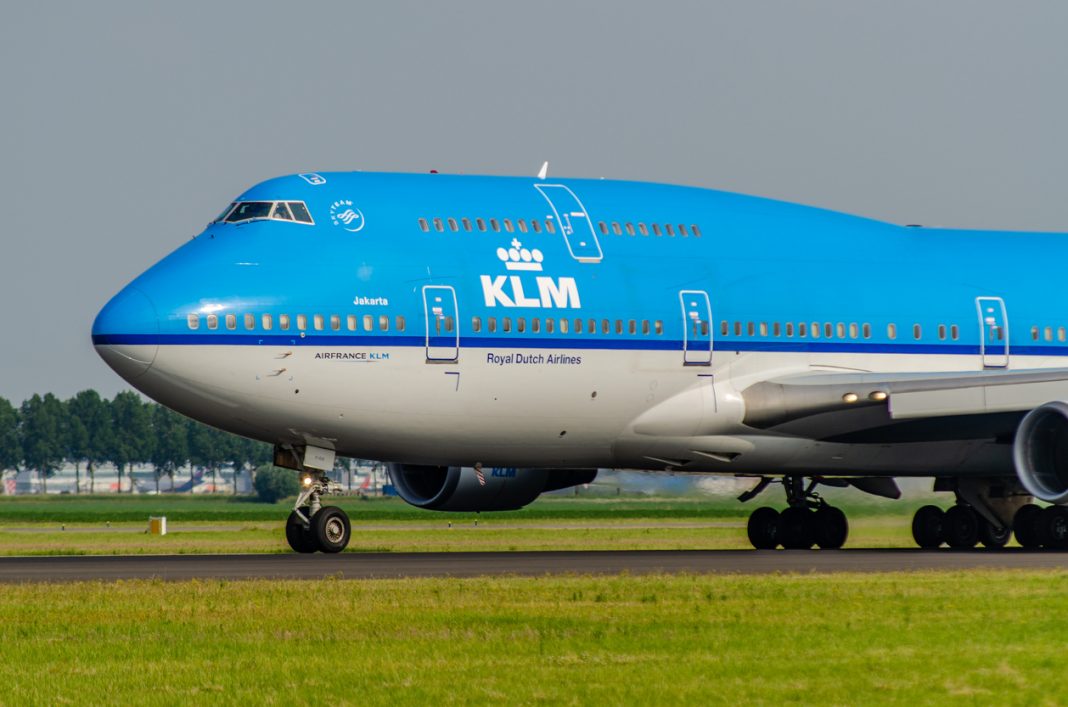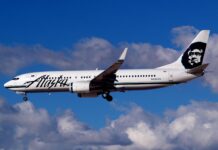KLM intends to replace its older generation long-haul fleet with Airbus A350 family aircraft in the next few years. The Airbus A350 is recognized as the generation’s most fuel-efficient and silent aircraft.
These new wide-body aircraft have substantial advantages in terms of lowering CO2 emissions and noise pollution. The procurement process is subject to the KLM Works Council’s recommendations.
Marjan Rintel, chief executive officer of KLM said, “Today marks a very special day for KLM. We have taken a big step towards our future with the proposed decision of purchasing new aircraft. We can make our fleet significantly cleaner, quieter and more fuel-efficient with the A350s. This is important, because we are all faced with the major task of becoming more sustainable. Furthermore, we can offer our passengers much more service and comfort on intercontinental destinations.”
The Air France KLM Group has signed a contract with Airbus for 50 Airbus A350-900 and A350-1000 aircraft, with an option for an additional 40 aircraft. The 50 aircraft have been ordered and will be distributed between KLM and Air France based on the local market dynamics and regulatory environment. KLM anticipates replacing its Boeing 777-200ERs, Airbus A330-200s, and Airbus A330-300s with the Airbus A350 on intercontinental flights beginning in 2026.
More sustainable and silent
The new Airbus A350 is an important step in the development of a cleaner and quieter fleet, as it emits 40% less pollution and consumes 25% less fuel than aircraft of the previous generation. A significant portion of the aircraft’s hull is composed of reinforced, lightweight materials (composite and titanium), allowing it to traverse greater distances with less fuel. In conjunction with the use of sustainable aviation fuel (SAF) and other operational innovations and efficiency advances, these new aircraft will substantially contribute to cleaner, quieter, and more fuel-efficient operations. The Airbus A350 is also significant in terms of customer experience, passenger comfort, and operational effectiveness.




